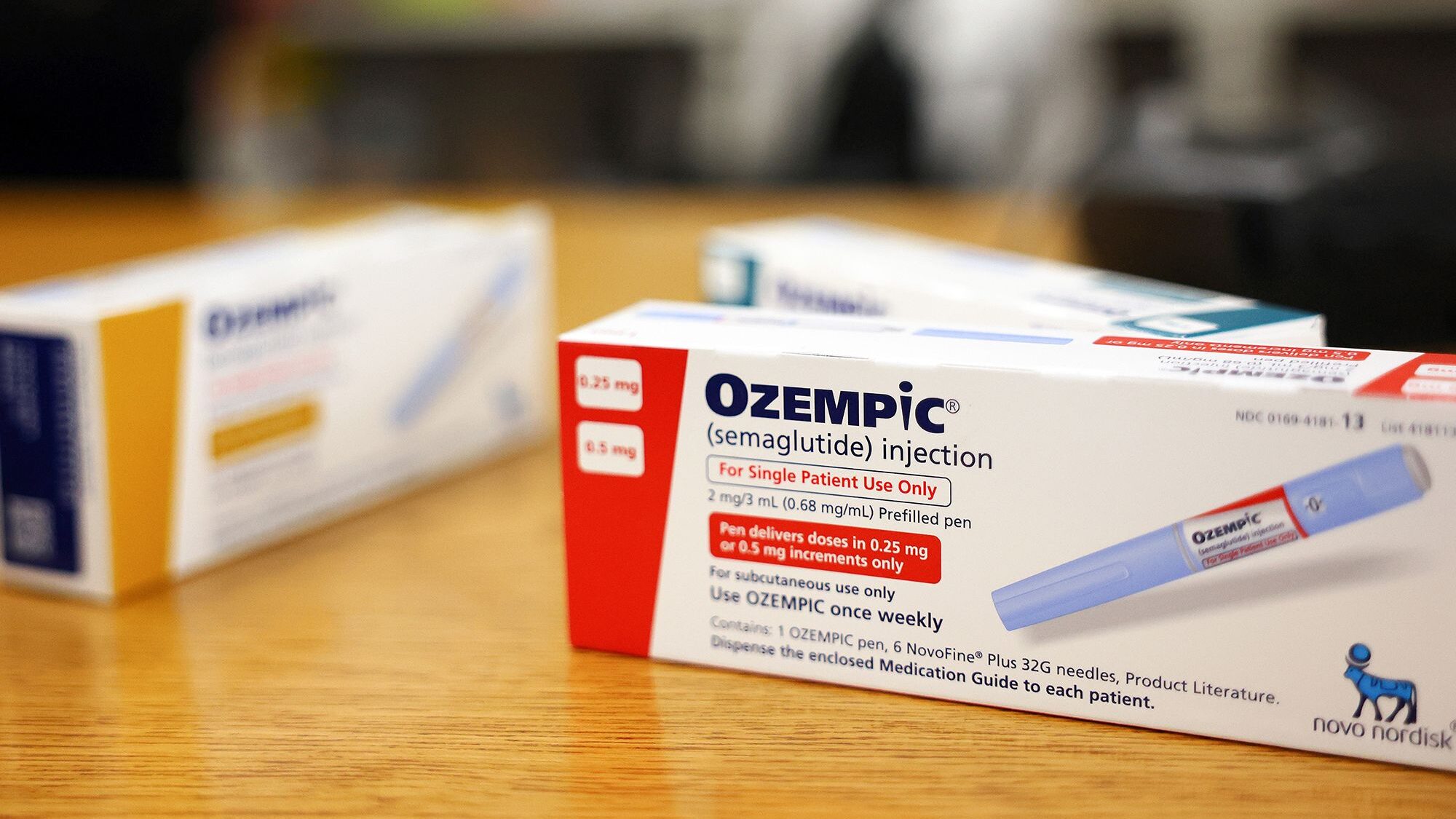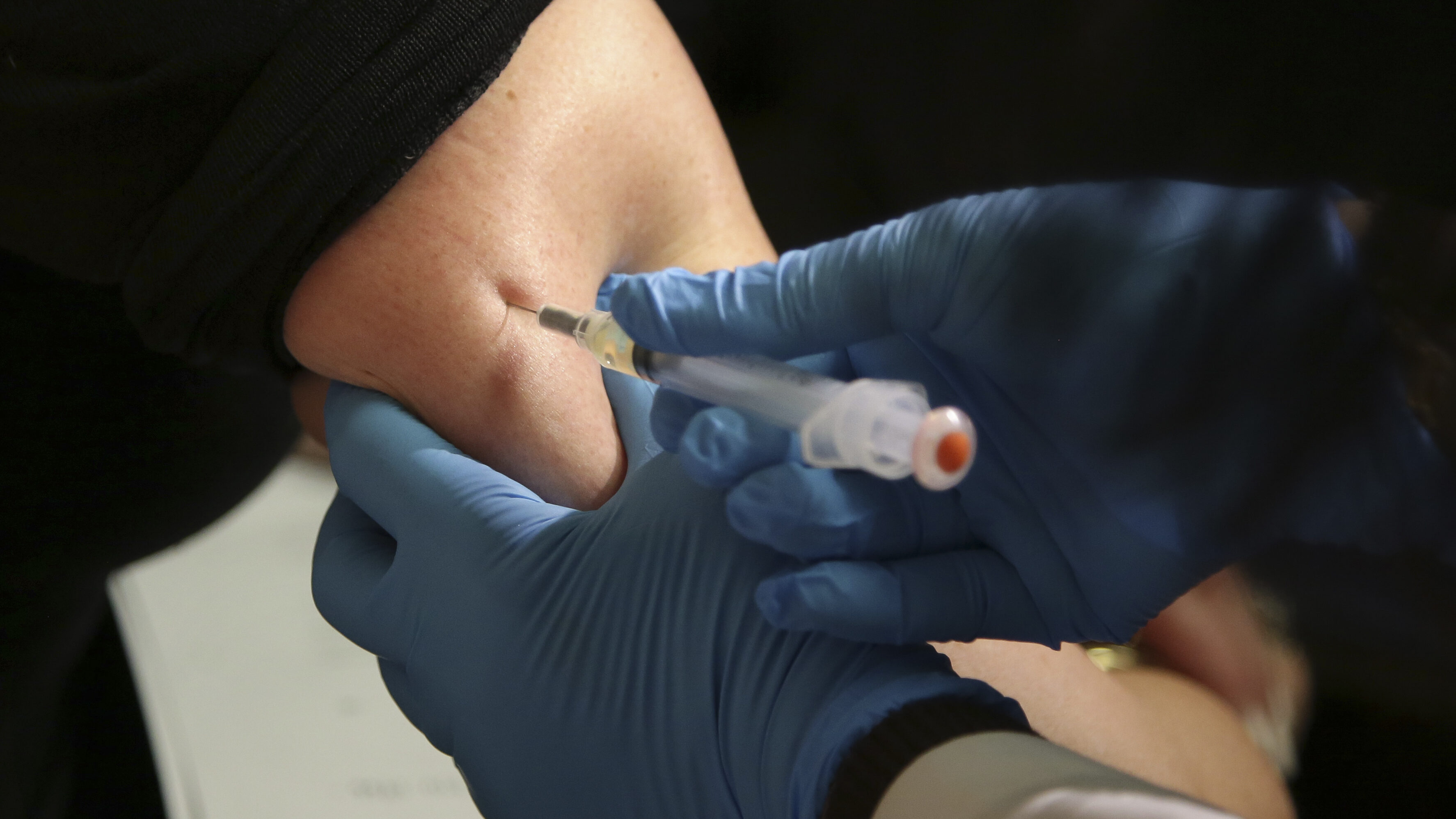Is genetic mapping for babies something that everyone should do?
Nov 6, 2023, 1:00 PM

A Utah company focuses on retreats for postpartum moms. (Canva)
(Canva)
SALT LAKE CITY — Just this year, a project to screen the genomes of 100,000 babies for rare disorders started recruiting. However, since the mapping of the human genome, the care of babies who are born acutely ill has changed.
“We offer rapid whole genome sequencing right after birth,” said Dr. Sabrina Malone-Jenkins, a neonatologist and assistant professor of pediatrics at the University of Utah. “The consent rate for parents is 98%. They want the information. They want the doctors to have all the information possible to take the best care of their children.”
There are definitely challenges when you talk about genetic testing. Parents and others are concerned about where that data goes, and how it is protected.
“As long as we keep the baby and the family as our priority, we’ll do the right thing,” Malone-Jenkins said.
Genetic mapping for babies has come a long way
Malone-Jenkins shared that while she was training, genetic testing took four to six weeks.
“You could maybe do one test,” she said. “If it wasn’t positive, that was the end of the diagnostic journey.”
Now, with whole genome sequencing becoming the standard of care, it’s completely changed how doctors care for patients in the neonatal ICU.
“We’re able to get results back in less than a week and really understand the underlying reason as to why the baby is so sick,” she said. “We can fine-tune our care.”
Should genetic mapping happen for every baby?
That day is coming.
“I think there is a point in the future when we will be doing genetic sequencing for everyone,” Malone-Jenkins said. “Right now, it makes sense for us to do it in babies who are acutely ill because the reason that the testing is so powerful is we’re able to look at the genome in a way that’s based on the baby’s clinical presentation. It will actually alter how we care for them in real-time.”
Sometimes when expectant mothers have their ultrasound during pregnancy, the doctors will notice some features about the baby that make them wonder if there is an underlying genetic condition.
“When that happens, ” Dr. Malone-Jenkins explained, “we will bring them in and have them meet with a prenatal genetic counselor or a medical geneticist.”
Meeting with a counselor can help parents prepare to care for a child born with a genetic condition. Knowledge of the condition gives them a chance to process and make plans.
Parents usually know about syndromes like Down’s Syndrome before birth, but there are still surprises at the time of delivery. As the doctor explained, “Testing is not always perfect.”
Is gene therapy still science fiction?
Has the science progressed to the point where genetic conditions that threaten the life or health of a baby can be corrected, or is diagnosing them the extent of our current medical ability? “We aren’t quite at the point where we’re able to intervene in the pregnancy itself,” Malone-Jenkins said. “However, being able to identify an answer as a neonatologist gives us a fast track to be able to intervene for the baby’s care immediately after birth.”
She did say “That is rapidly approaching. There are people who are doing work now to get us to that point. We’re not quite there.”
Dr. Malone-Jenkins is in favor of this type of therapy if it benefits the child. “It’s essentially another treatment that we have to offer.”
Manipulation of genes
Some couples know that they are carrying a gene for a certain type of cancer or genetic condition. An example of this might be the BRCA gene that is associated with breast cancer. Is it possible that they could screen out that gene in a child?
Yes.
“With advances in IVF, we are offering pre-implantation genetic testing,” Malone-Jenkins explained. “That is an option that parents can go through IVF and, prior to an embryo’s being implanted, they can test to see if this genetic condition is present or not. There are options.”
Related reading:













